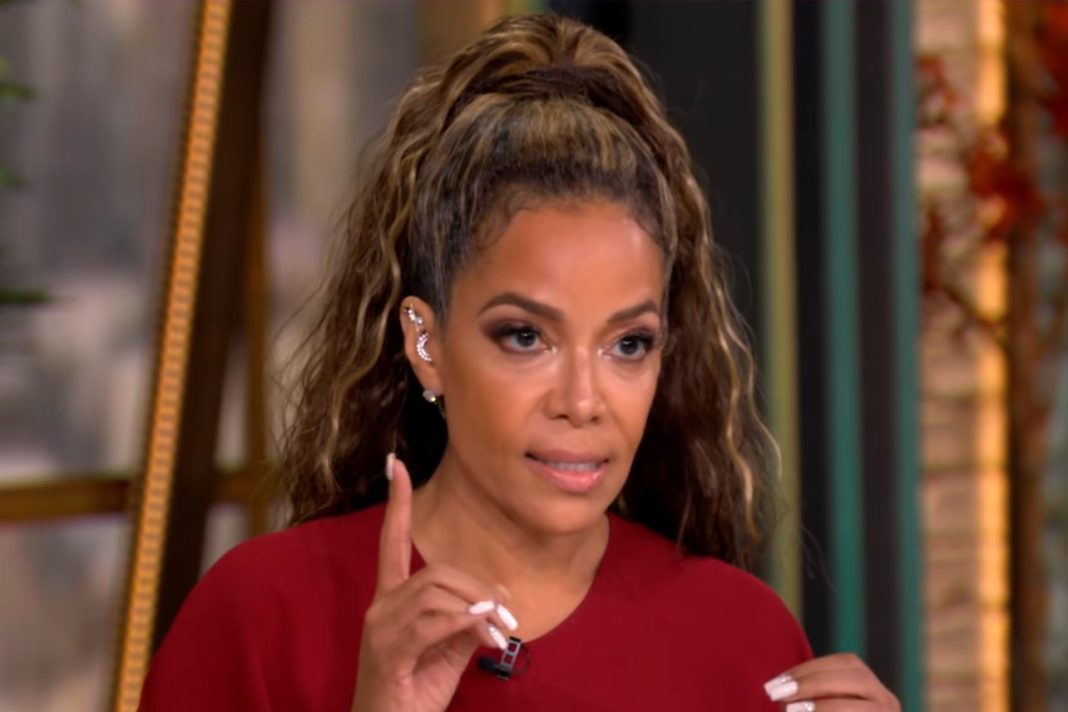In a recent episode of “The View,” the panel passionately defended Vice President Kamala Harris in the wake of disparaging remarks made by former President Donald Trump during a campaign event in Pennsylvania. Trump’s assertion that Harris is “dumb” ignited a fierce discussion among the show’s hosts, particularly highlighting the intersection of gender, race, and politics.
Whoopi Goldberg opened the segment with a sharp rebuke, describing Trump’s rhetoric as “racist, misogynistic crap.” This inflammatory language set the stage for a deeper analysis of Trump’s historical patterns of attacking female opponents. Sunny Hostin, known for her incisive commentary, underscored the implications of Trump’s choice of words, asserting that the “female vote” remains a significant challenge for him—a demographic often referred to as the “albatross” around his neck.
Hostin further elaborated on the stark differences in how Trump has targeted women in politics. She noted that his attacks on Hillary Clinton revolved around questioning her stability and moral character, whereas his comments about Harris veer into the territory of intelligence—specifically, claims that she possesses a “low IQ” and lacks mental capacity. This, Hostin argued, strikes at the heart of a long-standing racial stereotype that unfairly positions Black individuals as less intelligent.
To substantiate her points, Hostin referenced historical studies that have perpetuated the myth of Black inferiority, designed to justify the systemic oppression of Black communities. “The notion that Black people weren’t smart enough and deserved to be treated as less,” she explained, serves as a harmful narrative that continues to resonate today.
In a particularly poignant moment, Hostin drew from Mary Trump’s memoir, “Too Much and Never Enough,” which alleges that Donald Trump engaged in deceitful practices to gain admission to the University of Pennsylvania. According to Mary Trump, he allegedly paid someone to take the SAT for him. “So who’s the dumb one?” Hostin quipped, effectively turning the tables on Trump and forcing the audience to reconsider the validity of his criticisms of Harris.
This exchange not only highlights the dynamics of political discourse in America but also reflects broader societal issues regarding race and gender. Recent studies illustrate that women, particularly women of color, face unique challenges in the political arena, often being subjected to double standards in how they are perceived and criticized. For instance, research has shown that Black women are the most educated demographic in the United States, a fact that starkly contrasts with the stereotypes used by figures like Trump.
As the conversation unfolded, it became clear that the panel was not merely defending Harris; they were also calling attention to a pattern of rhetoric that undermines the progress made by women and minorities in leadership roles. By confronting these issues head-on, “The View” provides not just commentary but also an invitation for viewers to reflect on the implications of such language in shaping public perception and the political landscape.
In a time when discourse can often feel polarized and divisive, the discussion surrounding Harris’s intelligence—and the racial undertones of Trump’s attacks—serves as a reminder of the ongoing struggle against prejudice and the importance of elevating voices that challenge the status quo. The episode illustrates how critical it is to engage in these conversations, ensuring that the narratives we uphold reflect truth and equity rather than outdated stereotypes.

